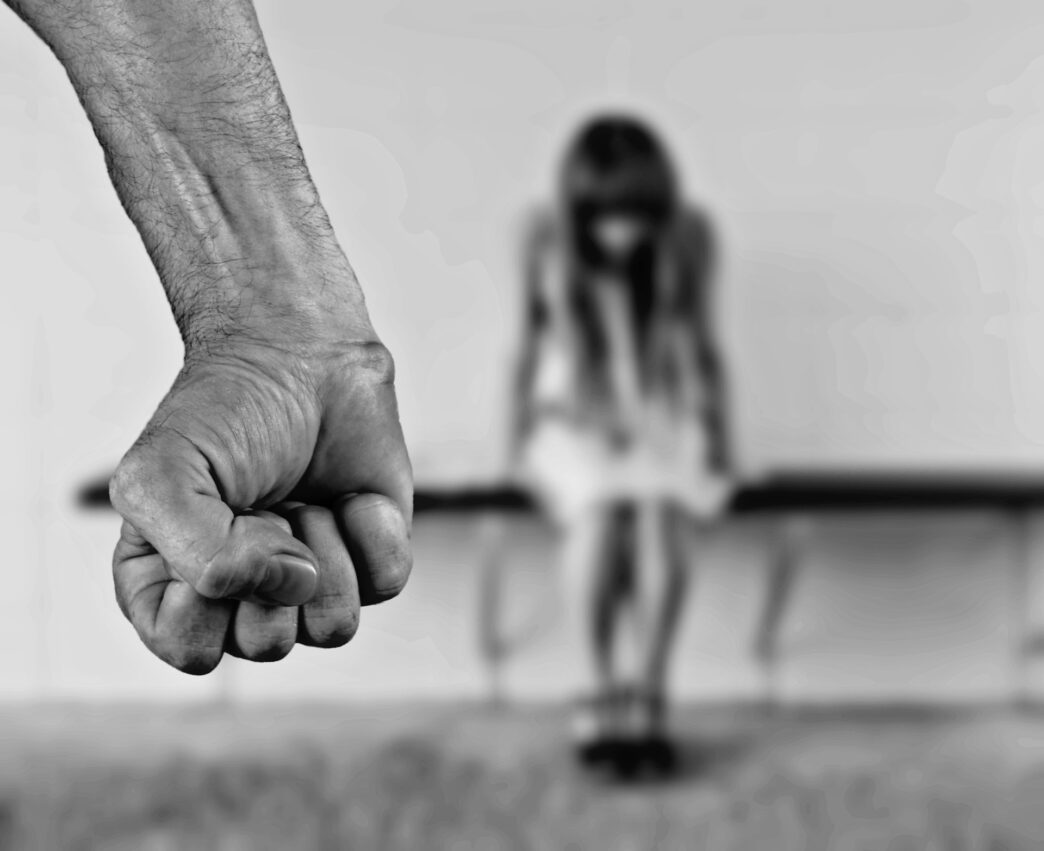The founder of the Girls Empowerment and Advocacy Network (GEAN), Ene Oteikwu, has given a sharp critique of Nigerian society, stating that a systemic failure to protect children stems from a cultural tendency to trivialise deeply serious issues.
Speaking on News Central TV programme, Jasiri, Oteikwu argued that a lackadaisical approach permeates the national response to grave crimes, particularly child sexual abuse.
Oteikwu stated that the fundamental measure of any society is its ability to safeguard its youth.
“If you are unable as a society to protect children, you have failed,” she asserted, emphasising that children are the “bedrock of society.”
She lamented the widespread apathy, where citizens react to horrific crimes—such as a father raping his children—as temporary news before quickly moving on.
The analyst then focused on the nexus between faith and impunity, claiming Nigeria struggles with a “very serious, pervasive paedophilia issue that is heavily backed by religion.”

Oteikwu strongly criticised what she termed the country’s “religious psychosis,” arguing that for every atrocity, there is a tendency to invoke a Bible verse or Quranic teaching to justify or explain the event as “the will of God.”
This narrative, she concluded, enables citizens and authorities to bypass accountability, especially when a male perpetrator is involved, leading to an environment where consequences for actions are seldom realised.
The discussion that prompted Oteikwu’s remarks was centred on the renewed national calls for justice under the hashtag #JusticeforOchanya.
Ochanya was a 13-year-old girl who died in 2018 in Benue State after allegedly being raped repeatedly by her uncle, who was also her guardian.
The prolonged legal battle and the perceived lack of severe punishment for the perpetrators and those complicit sparked nationwide outrage, making her case a flashpoint for discussing the societal and legal hurdles in prosecuting child sexual abuse in Nigeria.


 Trending
Trending 











